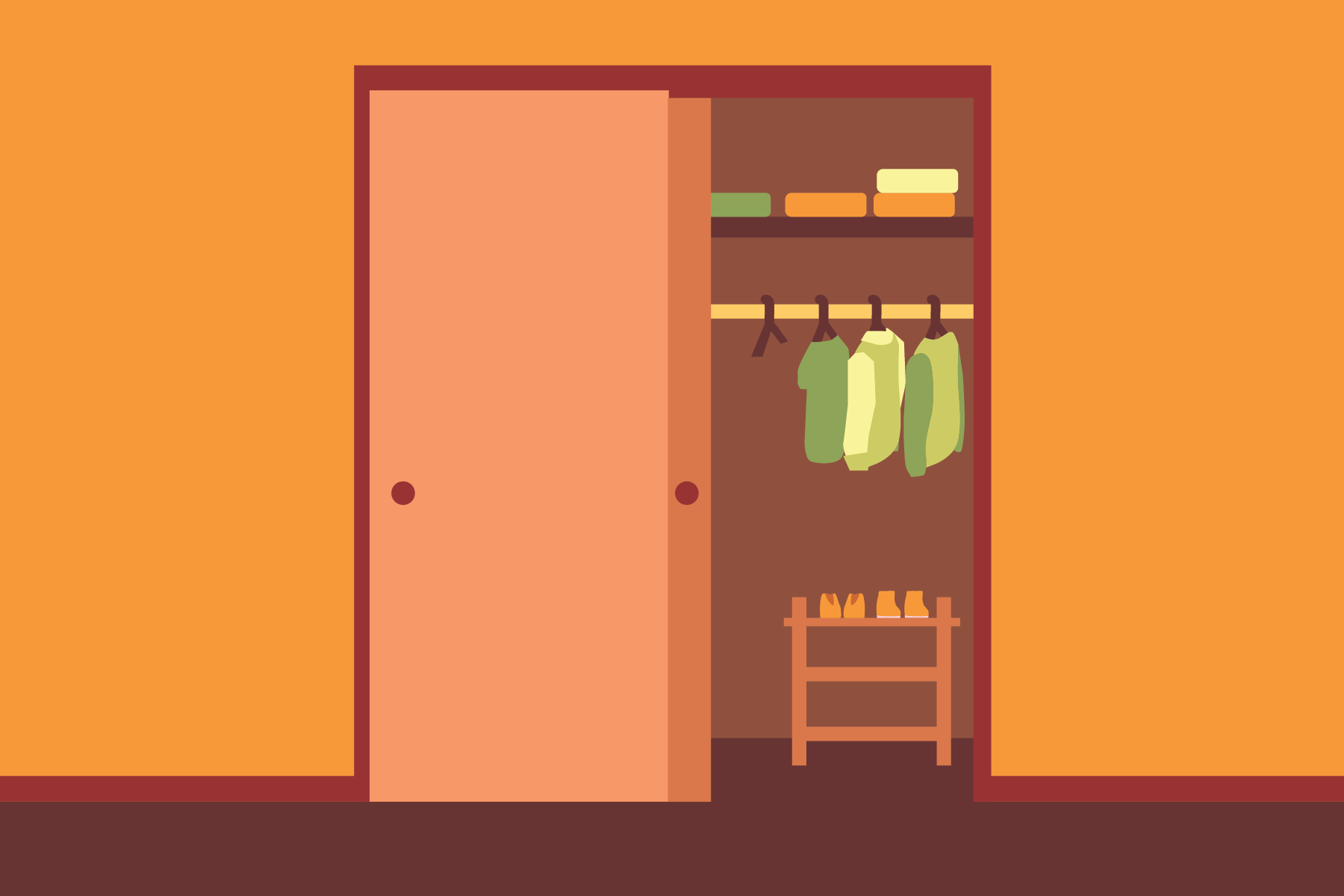

Juana Garcia/The Cougar
Thrift shopping has risen in popularity over the past decade or so and flipping is unfortunately right behind. Thrift flipping should be done in moderation as it can often take clothes from those who really need them.
Thrift flipping is known as buying second-hand clothing, altering it and then selling it for profit. This is especially popular on websites like Depop where people list clothing items for sale.
This may not sound that bad but there are problems that arise from this new trend.
One of the main issues with thrift flipping is that the people doing it are often buying clothes in bulk, lessening the number of clothes available for those who tend to only buy a few pieces.
Many thrift flippers buy oversized clothes to convert them into crop tops, cinched jeans or smaller clothes in general. This is problematic as there is not as much clothing available for plus-sized individuals in general.
Plus-sized people tend to struggle to find clothes in normal fast fashion stores as many stores usually have a limited plus-size section. Taking larger clothes from thrift stores just keeps people from getting clothes they may actually need.
To add on, selling clothes bought for cheap only to sell them for quadruple the price highlights the unfair disadvantages created by the capitalistic market.
However, thrift shopping is the most ethical form of consumerism in a world where fast fashion is the one causing the most carbon emission compared to international flights and maritime shipping combined. It is not ideal to tell people to stop thrifting.
In fact, thrifting should be encouraged.
Thrift flippers are not adding to landfills as long as those clothes end up being used for years to come. But with American consumerism culture encouraging people to constantly buy more things, this isn’t always the case.
In Ghana, over 15-million used clothing pieces end up on their land each year from America’s dangerous habit of over-consumption.
Overall, people need to be conscious of how their consumption affects others and the environment.
Thrift flippers should understand that thrift stores are sometimes the only source of clothing for low-income individuals. Buying oversized clothes to only cut them up and make them smaller only takes clothes away from plus-sized people. Additionally, thrift flippers should be aware of how overconsumption of clothing can add to landfills.
Instead of buying a bunch of clothes at once, thrift flippers should thrift in moderation.
Cindy Rivas Alfaro is a journalism freshman who can be reached at opinion@thedailycougar.com
—
“Thrift flipping should be done in moderation” was originally posted on The Cougar
